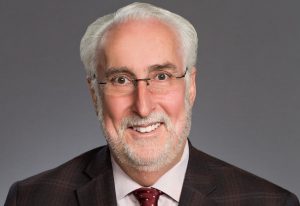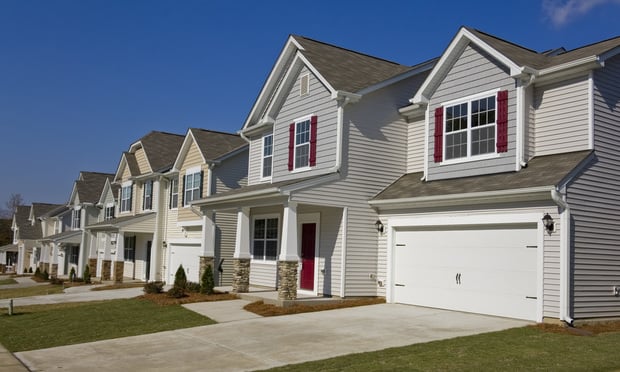The coronavirus has thrust the global economy into a recession, and initial hopes for a V-shaped recession with a rapid recovery are fading with each passing day.
Generally in a recession, healthcare real estate looks relatively stable and profitable. Prospects are changing day by day, but as of this writing, healthcare real estate investment funds are generally considered to be well-positioned to withstand the current economic downturn. Millionacres—a Motley Fool company—touted healthcare REITs as "virus-resistant," and CNN called them "a coronavirus safe haven."
However, healthcare real estate is not immune to the impact of coronavirus. The various types of healthcare real estate—including hospitals, medical offices and senior housing—have all been affected and are faring differently.
Imminently, hospitals across the country are facing a financial crisis. Patient visits are obviously up, but that's offset by the cost of creating new intensive care unit beds, securing scarce medical equipment, paying overtime and implementing new safety protocols. Moreover, hospitals are canceling or postponing the types of profitable elective procedures that help keep them in business.
The Senate's $2 trillion aid package includes $100 billion for hospitals and other healthcare providers to manage COVID-19 and reimburse lost revenues attributable to the pandemic. As far as real estate activity, coronavirus has not brought everything to a halt.
Looking at for-profit hospital systems, new deals are mostly on hold but projects in the pipeline are still proceeding. The same holds true for nonprofit hospitals. Rural hospitals are in a class of their own, with many facing closure even before COVID-19 cases depleted their cash.
For medical offices, hospital-campus transactions are moving forward. However, it's not business as usual in terms of operations. To prevent transmission of COVID-19, practices are shifting to telemedicine or suspending routine care altogether. Depending on the size of the practice, standalone medical office tenants may qualify for government aid in the form of a small business grant or forgivable loan to ride out the pandemic.
In the long-term, medical office buildings, in general, will re-emerge as a sound investment because the healthcare industry will need new and different types of facilities. In many cases, healthcare is moving away from traditional hospital campuses. More hospitals are reconfiguring their footprint to include more outpatient medical offices.
Senior housing has been hit hardest by the pandemic. Most transactions are on hold, and new starts are expected to plummet to near zero. Absorption is already near zero. Senior housing operators cannot show properties to prospective residents for fear of spreading COVID-19, so rental revenue and profit growth are likely to suffer.
On the positive side, certain senior housing facilities are eligible to receive part of the $100 billion the Senate earmarked for healthcare providers. The aid package also includes $50 million for the Section 202 low-income senior housing program.
The spread of COVID-19 may cause some reevaluation in the industry about caring for seniors at home versus in facilities, but in the long-run, senior housing is expected to rebound and stabilize.
Before the COVID-19 crisis, demographic changes were driving growth in healthcare real estate including senior housing, and those drivers are still in force. According to the US Census, more than 10,000 people turn 65 every day. An aging demographic means higher utilization rates not just for senior living facilities but for all types of healthcare facilities.
Looking to the future, some of the trends we expect to see include:
- More physician practices acquired by healthcare systems.
- Telehealth emerging as an official part of the spectrum of care, resulting in smaller physician offices with fewer exam rooms.
- A move to more flexible healthcare spaces that offer the ability to transform their use.
- Examples include operating rooms that can convert to ICUs or standard patient rooms that can convert into negative pressure isolation rooms.
- Growth in initiatives to monetize surplus and non-essential real estate assets.
Ultimately, healthcare real estate may end up looking different, but with demographics driving demand, the industry will rebound sooner than other real estate sectors.
Jack Bass, MAI, is senior managing director of healthcare at BBG, a national due diligence commercial real estate firm.
© 2025 ALM Global, LLC, All Rights Reserved. Request academic re-use from www.copyright.com. All other uses, submit a request to [email protected]. For more information visit Asset & Logo Licensing.









